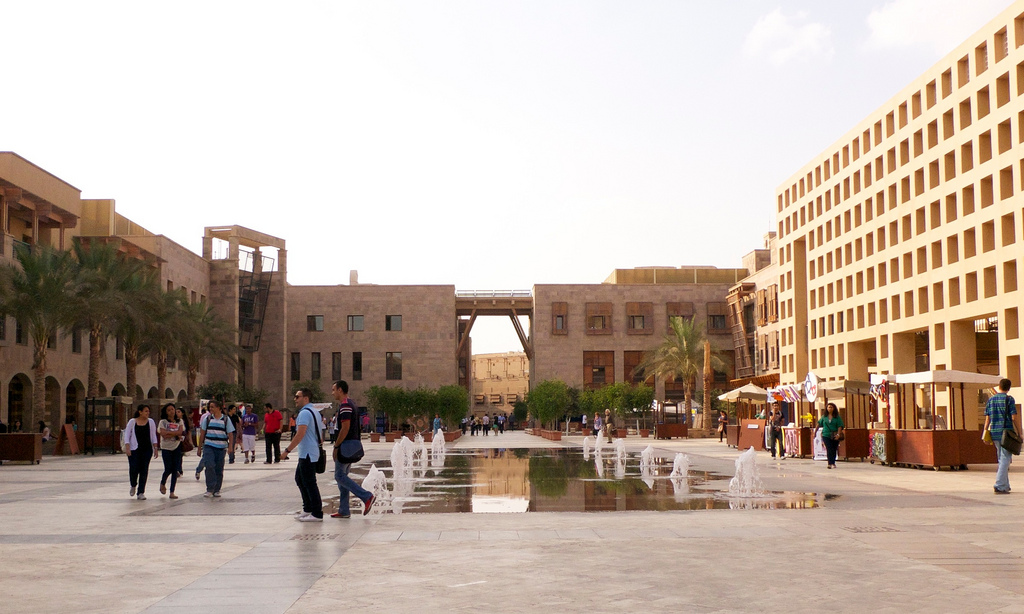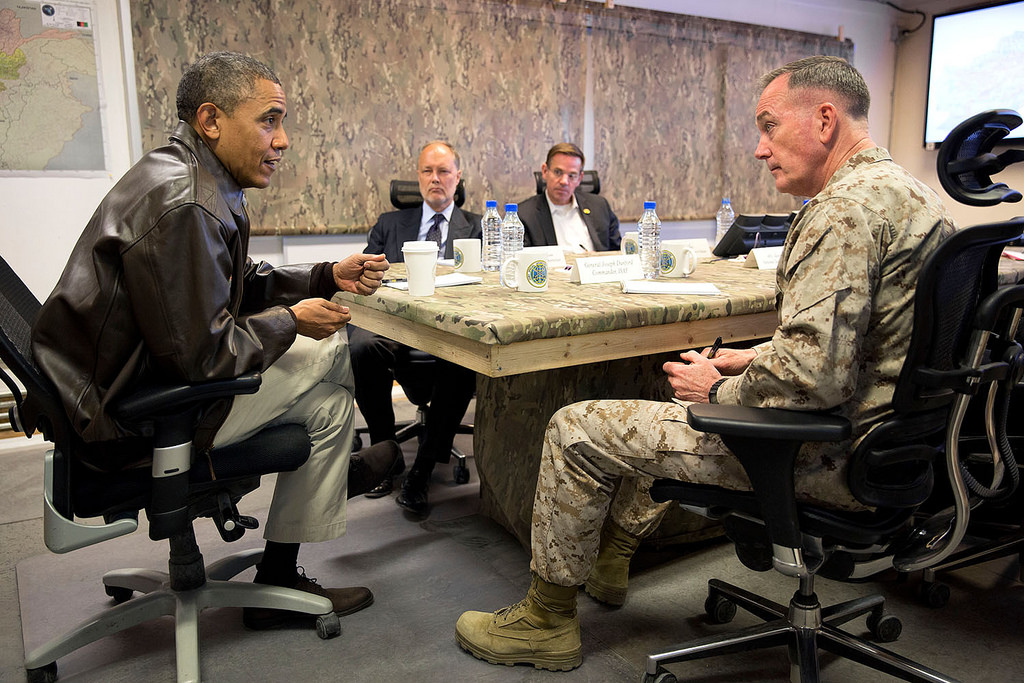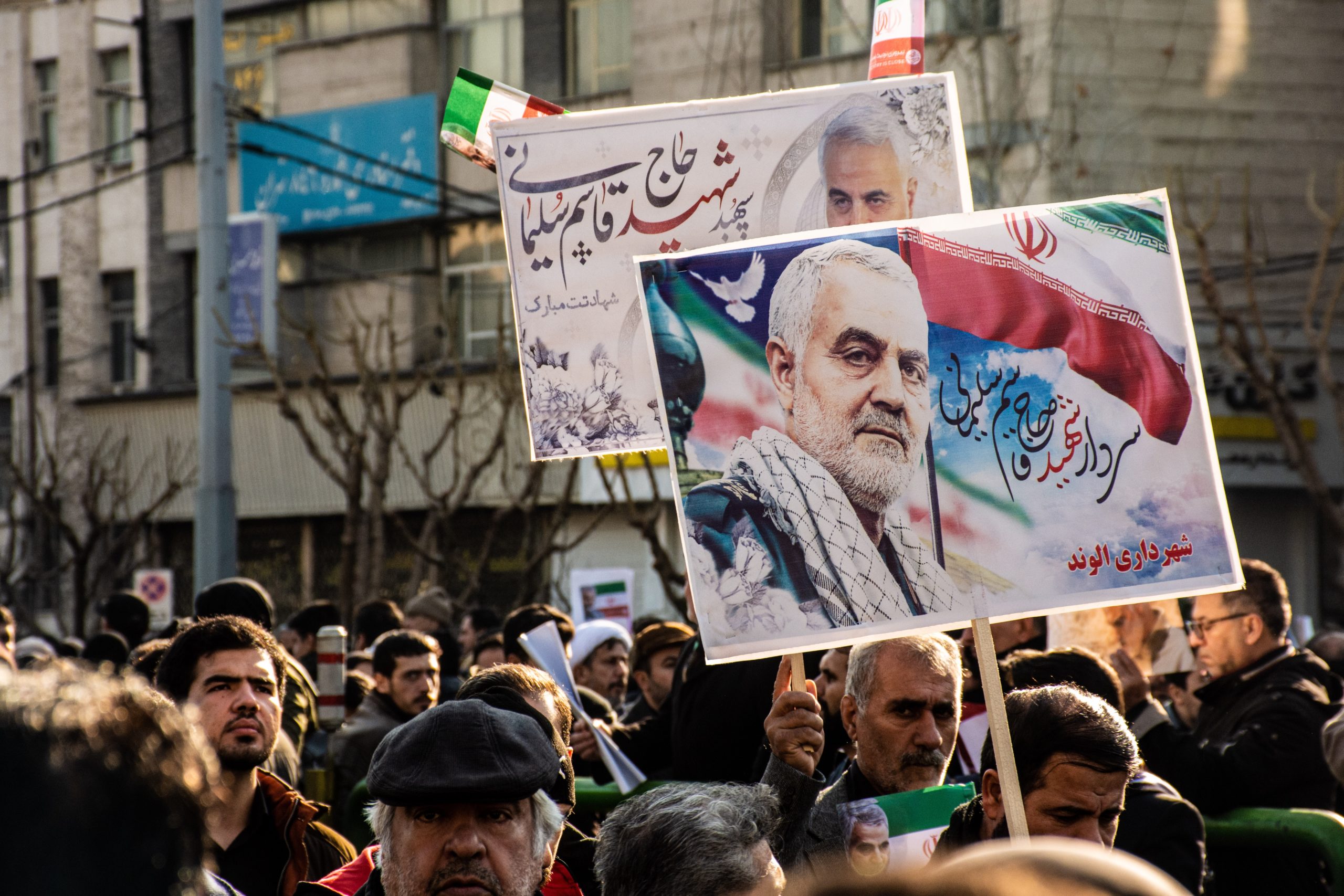By Allison Hodgkins and Ted Purinton.
With ISIS-inspired terror attacks becoming an almost routine occurrence, there is renewed attention on developing strategies for countering violent extremism across the globe. As we speak, studies are being commissioned, hearings held and conferences planned to develop and promote programs to interrupt the processes of radicalization and to support the transformation of frustrated, disenfranchised youth into productive, purposeful, and engaged citizens.
With all due respect to proposals being drafted by highly paid consultants, we would like to suggest an alternative option: invest in the liberal arts. That’s right, we believe the best way to promote dialogue, empower youth, and foster entrepreneurship is to encourage enrollment in academic programs that require courses in philosophy, poetry, and art history.
In fact, we will be so bold as to argue that expanding opportunities for liberal arts education in the Middle East will yield a far greater return in generating jobs and countering violent extremism than the current frenzy to expand technical training programs or education in STEM fields.
Of course, we recognize the value of high quality education in fields like engineering or technology in the region. But we are also acutely aware of two often overlooked realities about the education-to-opportunity nexus in the region, which should cause us to question the untested assumption that practical or applied education alone will produce youth who are more employable and less vulnerable to radicalization.
The first is the oversupply of doctors, pharmacists, and engineers. In contrast to other parts of the world, Arab youth need no encouragement to enroll in STEM fields, as many have been conditioned since birth to strive for coveted spots in the numerous engineering and medical programs throughout the region. Yet given the number of engineers we meet as Uber drivers, we don’t need World Bank reports to confirm the limited capacity for firms to absorb these graduates.
Second, pumping large numbers of highly educated youth into stagnant, over-saturated job markets only increases the pool of frustrated young people from which extremists draw their recruits. Frustration, as scholars have long argued, is a necessary condition for radicalization. Well-adjusted and productive youth rarely join extremist groups and blow up planes.
However, frustration is not a sufficient condition for radicalization. Not all frustrated, unemployed, or underemployed youth end up as violent extremists. And contrary to popular opinion, basic demographics, such as marital status, age, and income, offer few clues.
A recent book by Diego Gambetta and Steffen Hertog bolsters our assertion that the type of education has something to do with it. In Engineers of Jihad: The Curious Connection between Violent Extremism and Education (Princeton University Press, 2016), the authors found that engineering graduates are more likely than graduates from other disciplines to channel frustrations into violent extremism – whether Islamist extremism, neo-nazism, or the KKK.
One possible explanation offered in the book is that engineering education both inspires and attracts individuals with an affinity for cognitive closure – the dependency on formulaic procedures and top-down approaches to solving problems. In other words, engineering education provides the same hierarchical proscriptions peddled by violent extremists.
We have known for a long time that those who engage in violent extremism are often lured by leaders or on-line manifestos offering black-and-white proscriptions for rectifying injustices inflicted on their religious or ethnic compatriots and restoring a righteous order to the world. These siren songs ride roughshod over the nuances of social and political life in our complicated and diverse world. However, they are uncomfortably compatible with the linear, hierarchical, and rule-bound approaches common to fields like medicine or engineering.
A liberal arts model of higher education is uniquely suited to countering these one-dimensional messages. While applied fields like engineering, medicine, and pharmacy require a certain adherence to rules, a liberal arts education provides the space in which students can explore the philosophical, ethical, or intellectual assumptions undergirding those rules. Instead of handing down a series of formulae to be applied when specified problems arise, a liberal arts education encourages students to investigate the causes to those problems, and to devise creative, independent solutions.
More importantly, the central tenet of a liberal arts education is the consideration of multiple viewpoints, alternative explanations, and competing beliefs. It is through the deliberate exposure to differing paths to knowledge that students learn to contextualize conflicting opinions. In other words, a liberal arts education requires an embrace of cognitive dissonance and disallows the sort of cognitive closure in which extremism thrives.
As Hertog and Gambetta’s research also shows, students of history and humanities are rarely found among the ranks of violent extremists. Moreover, they are also conditioned to adapt to shifting circumstances and to create opportunities when there are no conventional ones around. And as the engineering graduates from our university, the American University in Cairo, can attest, the “general education” courses they are required to take alongside their engineering courses give them huge advantages in the job market, as employers appreciate their capacity for critical thought, creativity, and team leadership.
In fact, studies have also shown that graduates from the humanities, natural sciences, and social sciences are just as (if not more) entrepreneurial, influential, and technically competent than graduates from pre-professional or professional majors. They are also valued by employers who recognize that professional skills taught today quickly become irrelevant as technologies and society progress. They want employees who can learn, adapt, and think proactively.
We recognize our proposal runs contrary to the contemporary American discourse in which the liberal arts is disparaged as both frivolous and out-of-touch with the educational needs of the 21st Century economy. But we remember that US global leadership is predicated in part on the creative, innovative, entrepreneurial individuals driving our economy, running our government, and guiding our universities. And we remind you that people like Colin Powell, James Baker, Carly Fiorina, Clarence Thomas, Robert Gates, and Barack Obama all had degrees in the liberal arts and sciences. Osama bin Laden did not.
Ted Purinton is Dean of the Graduate School of Education at American University in Cairo. Allison Hodgkins is an Assistant Professor of Public Policy and Administration in the School of Global Affairs and Public Policy at American University in Cairo. This article originally appeared in The Jordan Times.








5 comments
At least part of the reason that engineering graduates end up in terrorist groups is because they are purposefully recruited. They are considered more useful by terrorist leaders that liberal arts majors. But I guess that just adds another point to the author’s overall argument.
The “resource curse” of the Middle East is such that it undermines the security of the region due to Cold War competition and as a result the lack of basic human security undermines any economic progress that is necessary for the fostering of a liberal arts education.
Education is another tool in the belt for the military and totalitarian regimes in the Middle East, and they make good use of it.
Despite all the repression, torture, and death, a whole lot of self-styled liberals, intellectuals, and artists supported Sissi’s coup in Egypt and firmly stand with the Syrian regime since the violence is directed against socially conservative opponents.
Middle Eastern liberal arts graduates are actually part of the problem.
You forgot music. And not only poetry, but literature of both their own country and others. And not only art history, but just plain history. The lessons of history. And while this may be good for the Middle East, it is worth noting that in the U.S. education also prepares people for technical jobs, and how to fit into the corporate world. It does not teach them anymore what liberal arts can, that is, critical thinking, compassion, perspective, and so much more.
We agree!